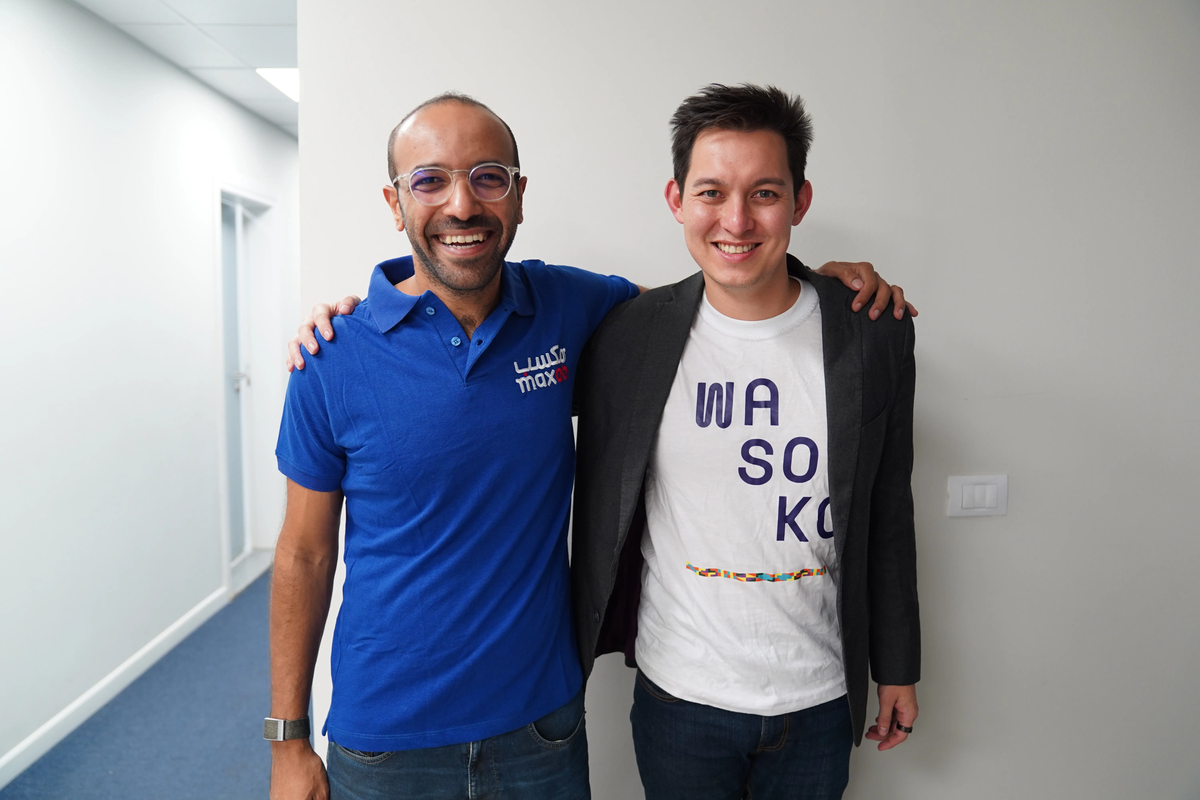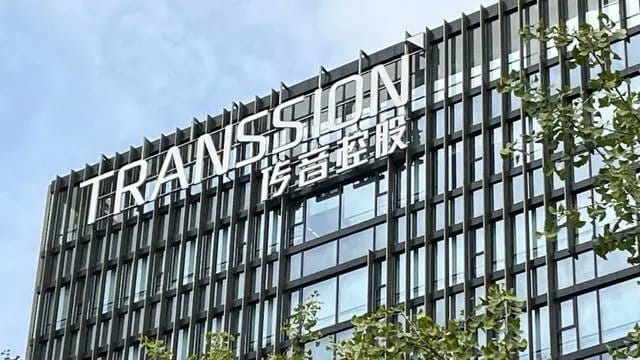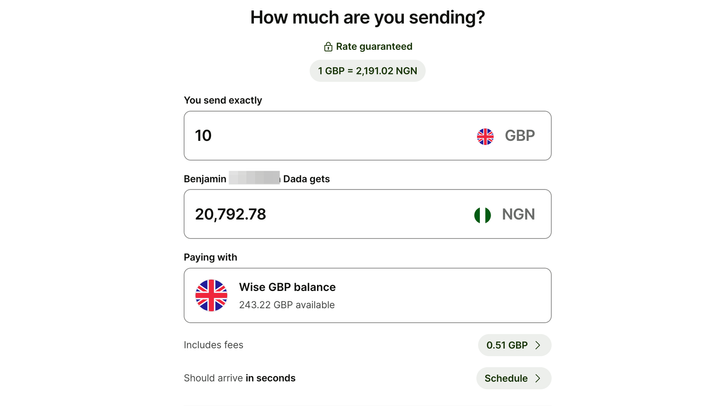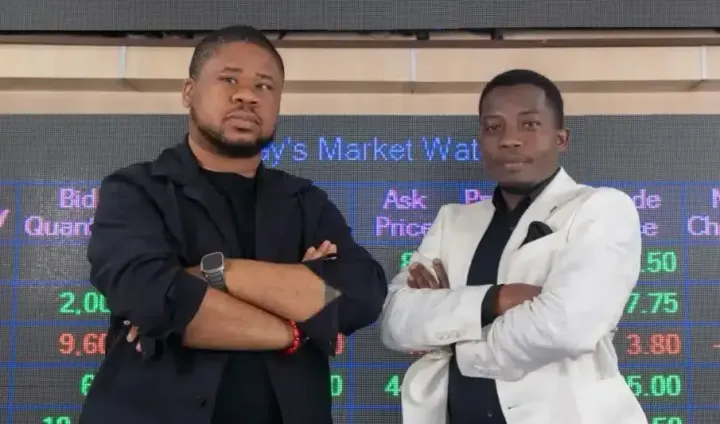BD Insider: Africa’s e-commerce avengers
In today’s midweek update, we look at; Wasoko and MaxAB complete Africa’s largest tech merger, Bolt responds to growing pressure in Kenya, Starlink’s struggles in Africa continue.

In today’s midweek update, we look at:
- Wasoko and MaxAB complete Africa’s largest tech merger
- Bolt responds to growing pressure in Kenya
- Starlink’s struggles in Africa continue
Wasoko and MaxAB complete Africa’s largest tech merger
Two leading e-commerce companies in Africa, Wasoko and MaxAB have decided to join forces to become a powerhouse in Africa's B2B e-commerce space. This merger was first revealed in December 2023, but it took eight months of talks for the largest tech merger in Africa to become a reality.
How big are these two companies: Wasoko enables retailers in Kenya, Tanzania, and Rwanda to restock products anytime through a mobile app, offering free same-day delivery. Meanwhile, MaxAB, a B2B eCommerce pioneer in the Middle East and North Africa, also provides a payment service that lets local merchants accept customer payments.
The merged entity will boast a vast network of over 450,000 merchants and serve 65 million consumers across Kenya, Tanzania, Rwanda, Egypt, and Morocco. Daniel Yu and Belal El-Megharbel, the co-founders and CEOs of Wasoko and MaxAB, respectively, will jointly lead the combined entity.
The merger has received significant backing from investors such as Silver Lake and Tiger Global, reflecting their confidence in the potential of the African e-commerce market. Despite facing several challenges, including regulatory hurdles, internal restructuring, and securing funding in a volatile economic climate, the companies successfully overcame them to complete the deal.
Context: Funding for B2B e-commerce companies reached a peak period between 2021 and 2022, where they raised at least 90% of the total capital the sector has received since 2008, but over the last two years, funding has declined, and this has caused companies like Zumi, Wabi to shut down its operations. Other companies like MarketForce and Alerzo have had to lay off employees within this period.
By combining their resources and expertise, Wasoko and MaxAB aim to improve supply chain efficiency and ensure a more reliable supply of goods across Africa. The merger will significantly expand the companies' geographical reach, allowing them to tap into new markets and customer segments.
Bolt responds to growing pressure in Kenya
Bolt is feeling the heat from Kenya drivers this time, especially after Uber decided to increase its base fare last week. Bolt has also responded to the week-long protests from Kenyan drivers by increasing its base fares by 10% across all ride categories.
What does this mean? The base fare for the economy category, which used to be KES 200 ($1.55), will now be KES 220 ($1.71). But like Uber, Bolt’s increase still falls short of the Kenyan driver's demands. They want an increase in minimum fares from KES 180 ($1.40) to KES 300 ($2.33).
Bolt also recently introduced car loans for drivers in Kenya in response to their growing concerns over low earnings. This move has also been met with scepticism from the drivers. They argue that the loans are not a viable solution to their financial struggles, as their earnings are insufficient to cover loan repayments and vehicle operating costs.
The situation at Bolt in Kenya highlights the ongoing challenges ride-hailing platforms face in balancing the interests of drivers, riders, and the company itself.
Starlink’s struggles in Africa continue
Barely a week after announcing its plan to launch in Ghana by the end of this month, Starlink is preparing to launch in Zimbabwe by September 1, but the strange thing is, the telecom regulator in Zimbabwe, POTRAZ, is yet to approve Starlink’s application to operate in the country.
Meanwhile, SpaceX continues to face challenges in entering the South African market. It has repeatedly delayed its launch, citing regulatory uncertainties. The primary obstacle has been the 30% black ownership requirement in companies acquiring national network infrastructure and service licences.
SpaceX has now decided to cut off South African users from accessing Starlink through its regional roaming service for extended periods. The company said that the regional plans were only intended for temporary travel and transit, not for permanent use in a location.
Trouble looming in Kenya? Safaricom, Kenya’s biggest telco, has asked the Communications Authority to block satellite internet providers with operations in other countries, which could lock out Starlink in Kenya. The Communications Authority has now agreed to investigate and address Safaricom’s concerns.
Starlink's journey in Africa has been a rollercoaster, with its ambitious expansion plans consistently facing regulatory challenges across the continent.
By the Numbers
150
The number of days South Africa has gone without planned power outages.






